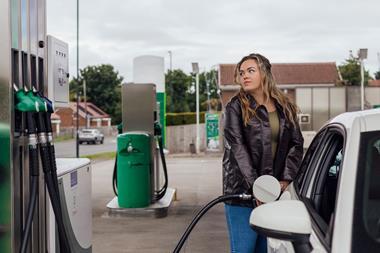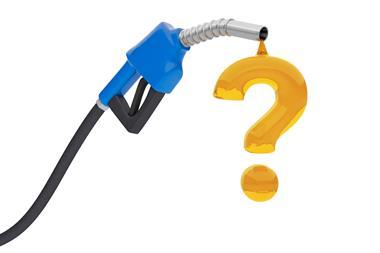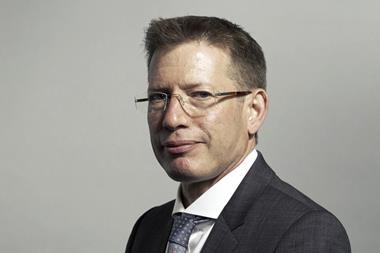As I write this, if the pollsters are correct, the ’blues’ will continue to form the government. Mrs May has run her campaign on the mantra of ’strong and stable’ leadership but, when back in office, will she take the opportunity to change her Cabinet? We have already had rapid personnel changes over recent years and there have even been changes to entire departments with the Department for Energy & Climate Change (DECC) being subsumed into the revamped Department for Business, Energy & Industrial Strategy (DBEIS) only last year.
Whatever the final outcome, key trade associations such as the Petrol Retailers Association (PRA) will have to be ready to lobby on important issues with new political appointees. The pace of change is quickening with alternative fuels and technology improvements rapidly impacting the forecourt sector. Our work representing independent forecourt retailers across the UK has never been more important.
Perhaps the renewed focus on clean air in our cities and the concomitant push towards Ultra Low Emission Vehicles (ULEVs) will overtake proposals to try and increase the biofuel content of existing fuels.
But more worrying has been the ’demonisation’ of diesel. We are now faced with the prospect of up to 15 cities in the UK being given licence to start penalising diesel vehicles through higher entry charges and higher parking charges. Central government may try to stay in the background so that these Local Authorities take the flak from motorists and delivery firms. However, without firm guidelines there could be a confusing and chaotic range of charges being levied across the UK.
Another proposal to tackle pollution from older diesel cars is for a scrappage scheme. However, any such scheme needs to be well thought through if it is to be effective. Do not rule out a move by HM Treasury to increase diesel duty by, say, 2ppl to pay for the scheme. PRA and our policy advisers are preparing a submission to the recently launched Consultation on Air Quality Plan. Additionally we are working with other trade associations to forestall such a move and to try and lower fuel duty on economic grounds.

































No comments yet